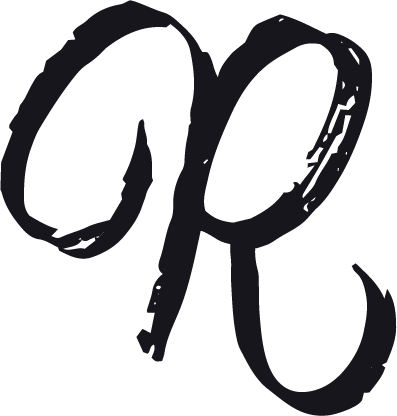RISD Degree Project 2015For my degree project, I wanted to compile and analyze the way that adoption, orphans and adoptees are portrayed on screen. I mostly wanted to focus on feature films, documentaries, and television shows but was also interested in how orphans and adoption was present in video games and other media as well. I grew up in the age of staring at screens. Television has always been there, ready to talk, ready to distract me and help me escape from the everyday woes and sorrows of real life. It’s also able to show me other worlds, worlds I may never see in my lifetime. It allows me to enter lives I will never live or encounter. But sometimes, television—as well as movies, videogames, things on screen—becomes a hurtful, frustrating friend. It seems that the screen doesn’t quite understand me—although it claims to. The content that we see on screen has such incredible power to influence and reflect the attitudes, mindsets, values, ideas of our culture. It was interesting to me to see how, as a whole, the picture painted of adoption—of who I am—was so largely negative and upholds hurtful stereotypes. We're either Superman or Voldemort, with little room for anything in between.For my final documentation, I put together a short film and a book to present my findings and how it impacted me and my understanding of myself.An excerpt: I always knew I was adopted.
I dealt with understanding this in many different ways, all ranging from anger to acceptance, sadness to happiness, sometimes even nothingness. For sure when I was younger, I felt different.
Being a transracially adopted child, I always stuck out. People could always tell I wasn’t biologically related to my mom and that was a frustrating experience. Whenever we would go, to the store or check-in at certain events, over and over people would ask us, “Are you together?”
I remember people would always stare at me and my mom, their eyes, always looking, as if something was wrong. My mom used to tell me this story of us on vacation with some friends of ours and the other mom yelling at these people, “What’re you looking at?!”
In the lunchroom kids would talk about the stories their moms told them of being in their tummy and I remember feeling sad and left out. When we would do genetics in science that was an issue for me. Filling out medical forms asking for family history, a reminder. Filling out ethnicity boxes on forms, a reminder.
Family tree projects, a reminder. Looking in the mirror, a reminder.
When I was younger, I wished I was white.
I wished I looked like my mom. No one has ever told me that I look like my mom. I’ve never been told the phrase, “You get that from your _____” or “You look just like your _______”.
I have no idea what I’ll look like when I get older. Sometimes I look at old asian women on the subway and wonder, but other than that I have no idea.
Getting called “chink” when I was younger was a confusing experience. I knew I was Asian but a lot of the time I would forget and not realize why I was being called certain things.
But I’m not a sad person.
I’m not an angry person.
I’m not overly sensitive.
I’m not resentful and try to be mostly positive.
I’m just trying to find my place in the world.










